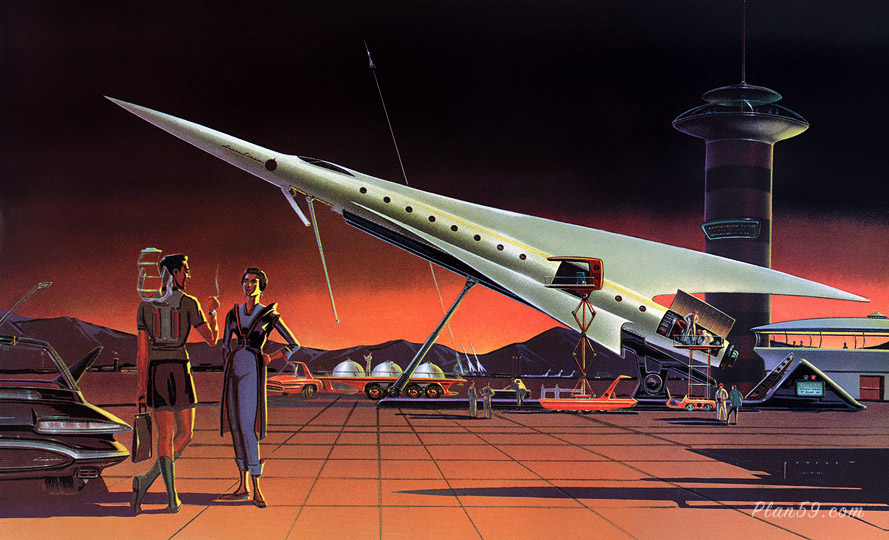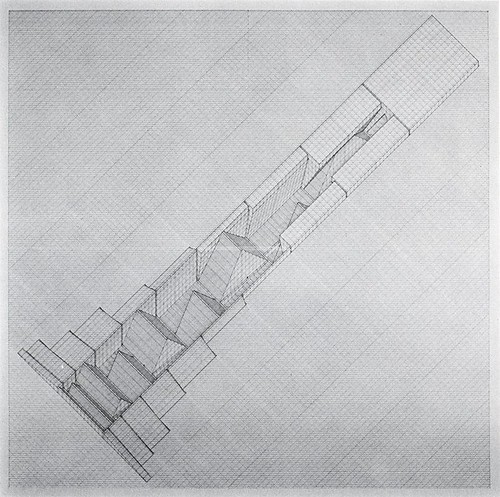When the industrial revolution becomes divorced from the democratic one [a way of putting the fact that capitalism has not given way to socialism] -- a divorce which is the fundamental political event of the bourgeois epoch -- activism becomes exasperated and leads to the demand for another epistemological and practical break, signalled by Blake's Jerusalem in England's green and pleasant land and the cosmic "passionate attraction" of Fourier's phalansteries. Such imaginative energies converge in Marx, the great prefigurator of the imaginative shift still being consummated in our times.
Metamorphoses of Science Fiction, pp. 73-4 (emphasis added)
It would never have done, of course, to admit that there might be elements of faith in such a conviction -- rather, it was always insisted that this historical bias or tendency was a matter of science, the science of history, aka dialectical materialism. But this was hardly the sort of politically disinterested science that is content to follow wherever research and observation points -- nor was it even politicized science. It was, from the beginning, a wholly political project that simply assumed or appropriated the mantle of science. And its notion of History, therefore, as a kind of force that constructs and controls the future was always merely the expression of a political desire or wish or dream.
Not unlike, ironically, the notion of Utopia. Except, of course, that Utopia is the wish or dream stripped bare, its cloak of "science" and inevitability torn away. Now, Suvin's remarks above were published sometime in 1979, before Thatcher and Reagan, and before the collapse of the Soviet Union and the global disintegration of communism or "actually existing socialism". Since all that, the confident faith that we see in Suvin has certainly been tried, and in many cases has crumbled. And with that, it's not surprising, however pathetic, to see the former believers return to musing about Utopia again, sometimes, as we see in Jameson in 2005, with a kind frustrated defiance. Contrast the tone of the passage below with the blithe confidence of the Suvin passage above:
The relationship between Utopia and the political, as well as questions about the practical-political value of Utopian thinking and the identification between socialism and Utopia [!?], very much continue to be unresolved topics today, when Utopia seems to have recovered its vitality as a political slogan and a politically energizing perspective.
... What is crippling is not the presence of an enemy but rather the universal belief, not only that this tendency is irreversible, but that the historic alternatives to capitalism have been proven unviable and impossible, and that no other socio-economic system is conceivable, let alone practically available. The Utopians not only offer to conceive of such alternate systems; Utopian form is itself a representational mediation on radical difference, radical otherness, and on the systemic nature of the social totality,...
Archaeologies of the Future, pp. xi-xii










